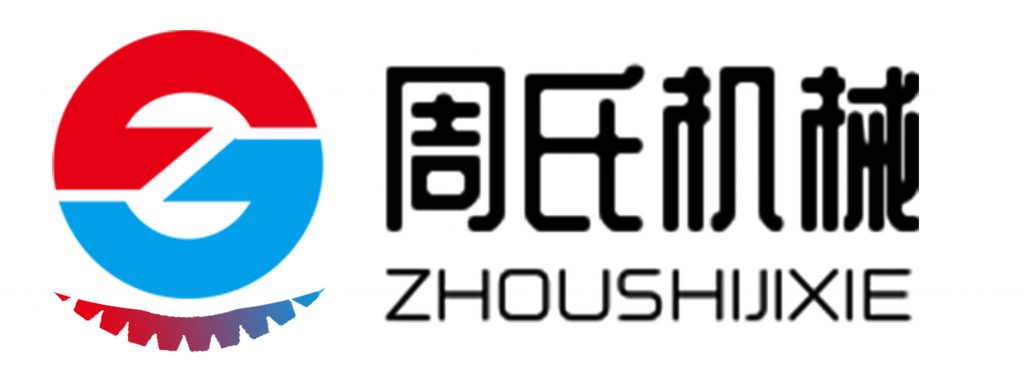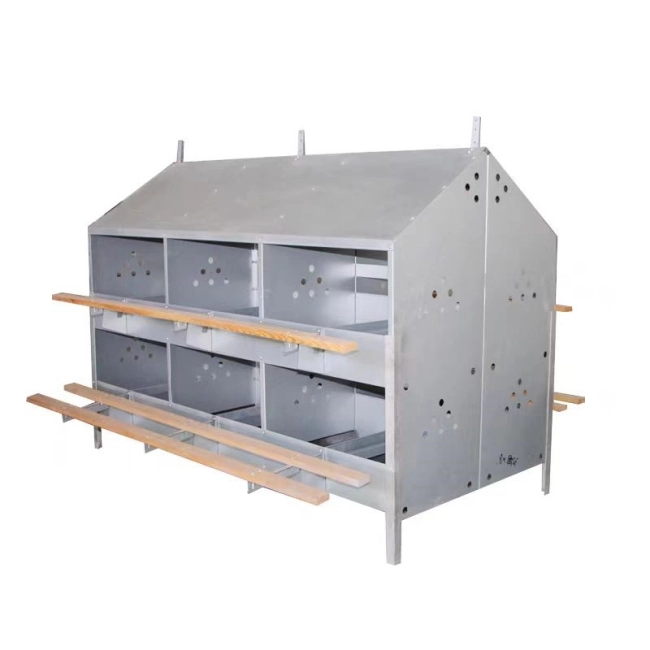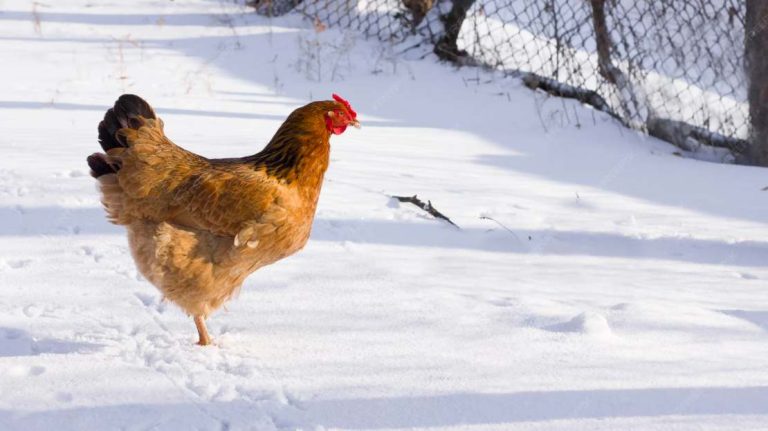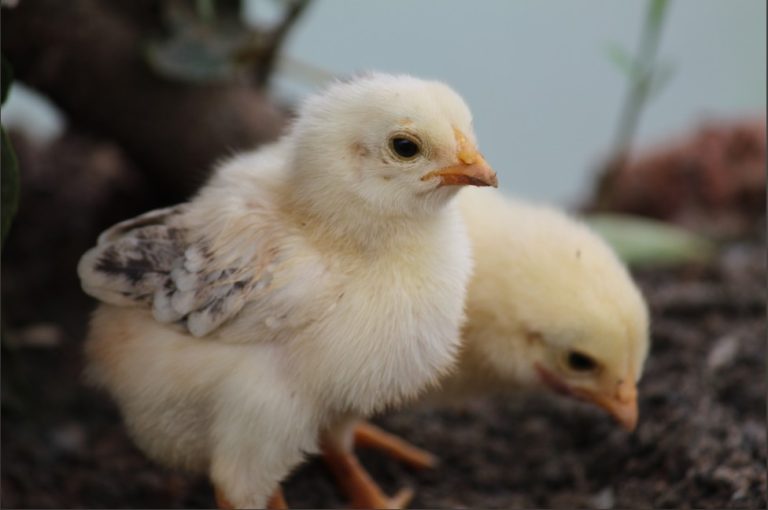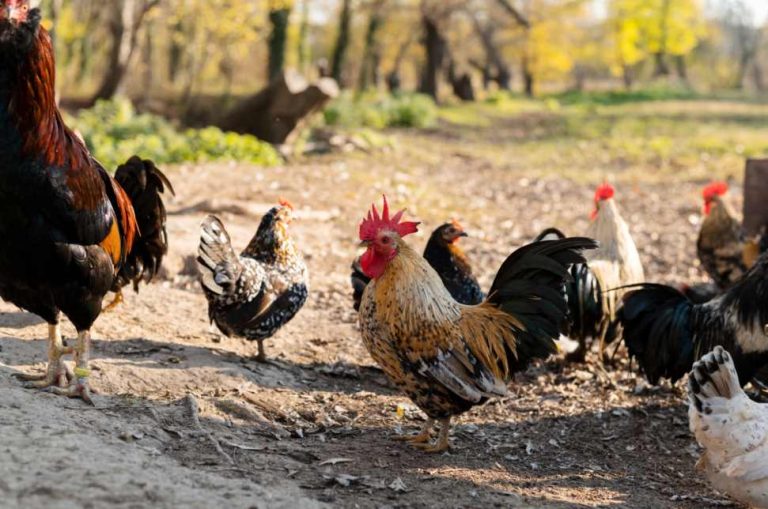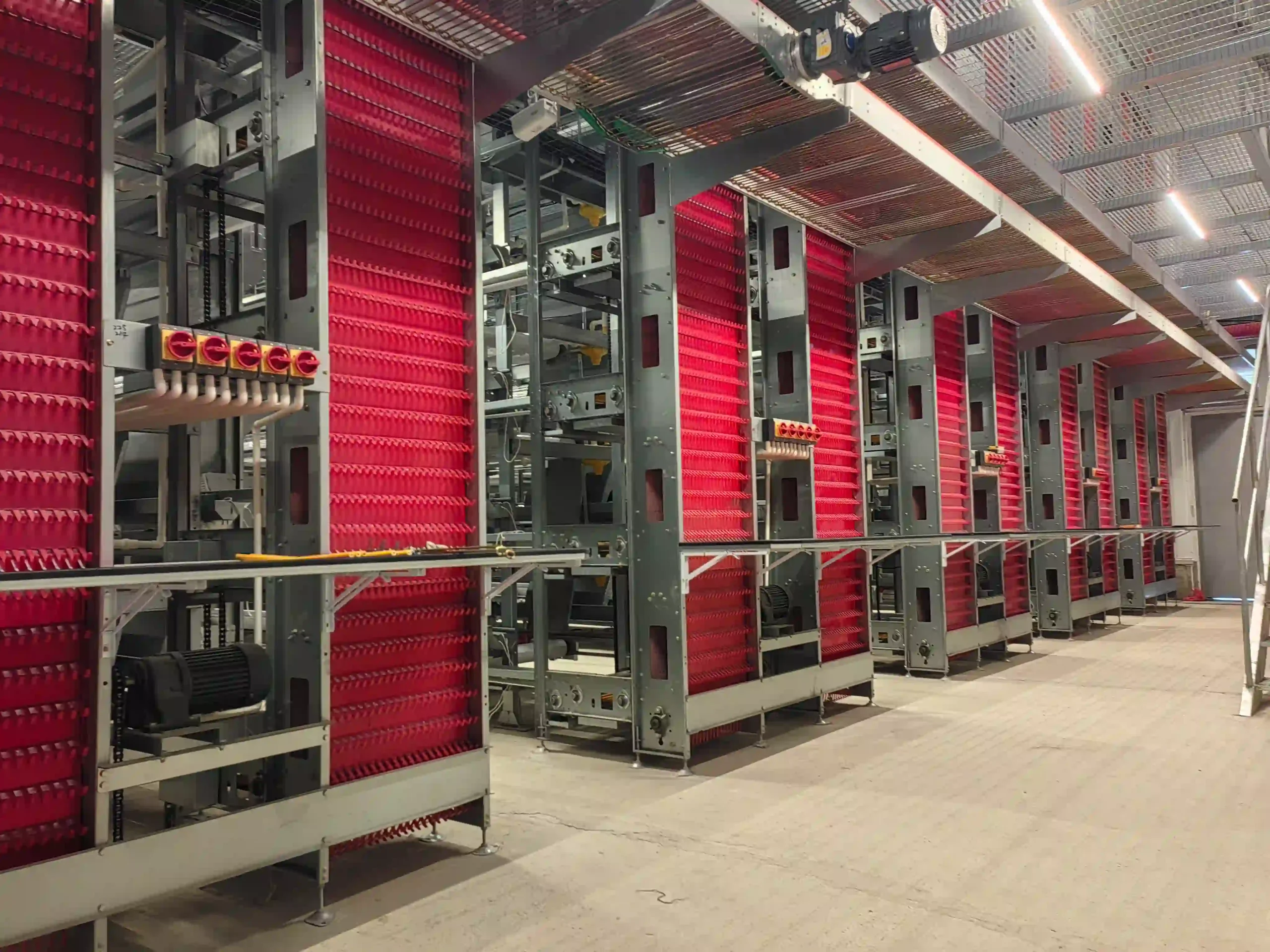
Layer Cage
Improved Space Efficiency
The components of stacked layer cage for laying hens mainly include three parts: cage body, cage door, conveying and feeding system, manure cleaning system, and automatic egg collection system. It yields a much higher space efficiency when compared to classical systems using this design. The benefit of the stacked configuration is that it allows for more layers to be within the same footprint, squeezing more birds into a specific area.
Reduced Labor Costs
Layer cages with automated features are a part of automation action saving labor costs. It is uniform in feeding, has low power consumption and noise, high energy saving, solid and durable, with a running wheel on the body, which can reduce the friction between the feeder and the feed trough and extend the service life; the feeding amount can be adjusted according to the chicken age, saving feed, save labor time, moving smoothly and is fast, This automation reduces human interaction in everyday tasks like feeding and cleaning.
Better Health Management
These layer cages are capable of better health management also. The arbitrary laying hen cage gear is reset in layers, which is handy to manipulate. All of the equipment is composed of hot dipped galvanized equipment – The layer of cages has a distance that can be ventilated from the chicken how to reduce the chicken’s internal temperature. While on the other hand, it is also easy to sanitize and also provides a healthy and comfortable habitat for chickens. Increased ventilation decreases disease risk and improves the general welfare of birds.
Incubator
Controlled Environment for Hatching
Incubators provide a controlled environment essential for successful hatching processes. They allow precise regulation of temperature and humidity levels which are critical factors during incubation.
Increased Hatching Success Rate
By maintaining optimal conditions consistently throughout incubation periods, incubators significantly increase hatching success rates compared to traditional methods.
Time-Saving in Poultry Production
Since incubators automate most of the aspects related to temperature adjustments and also, monitor hatch progress automatically without any tedious human supervision required traditionally, it saves a lot of time throughout poultry production cycles. Incubators also save a lot of time as there is no need to adjust or monitor the temperature or other parameters and they can automatically check the hatch progress without needing constant supervision by a human, which is the case with the traditional methods of rearing poultry.
Feeding System
Automated Feeding Solutions
Automated feeding is imperative for chicken farming these days. These automatic feeding systems are meant to provide feed in a more consistent and efficient manner, minimizing manual labor. The feeding carriage is stopped automatically at the end of each cage row, and the battery works separately or with a remote control or buttons. When the train works, the hoppers on each level of the train correspond to each feed trough, and the feed falls evenly on the feed trough for the chickens to eat freely. This method makes certain all chickens are well-fed without requiring anything from a human, thereby increasing the ratio of man hours to productivity vs cost.
Consistent Nutrient Delivery
As poultry rely on feed delivery systems to provide nutrients to the flock, consistent nutrient delivery must be maintained. The automated systems are designed to manage the feeding of chickens, and the amount of feed is automatically adjusted to the age of the chickens, in order to provide a constant supply of a balanced diet at all stages of growth. Even feeding time, breakage, energy saving, durable; using mobile wheels, reduce the friction for poultry feed trough, prolong the service life of the feeder; the amount of feed can be adjusted according to different ages of chickens, saving chicken feed, Save labor time, run smoothly, fast. Having such precise control over the delivery of nutrients creates the best environment to support growth.
Reduced Feed Wastage
Automated feeding systems greatly minimize feed wastage by providing accurate doses of feed directly into feeding troughs. We developed independently a feeding function leveler, which solves the problem of feed waste caused by feeding congestion in the feeding process. The innovation not only saves resources but also reduces the environmental impacts.
Common Questions in Poultry Management
How Much Space Does Each Chicken Need?
A minimum of 2-3 square feet of floor space is required per chicken in a poultry house. Home chickens differ in space requirements depending on their breed and purpose (layers vs broilers). On the whole, it is advised that one chicken should be allowed space that allows each chicken to move around comfortably and avoid over-crowing as it leads to stress and health issues. In most cases, it is suggested that each chicken should have enough room to move around without being overcrowded, which can cause stress and health problems.
What is the Ideal Temperature for a Chicken Coop?
The ideal temperature range for a chicken coop is 65-75 ° F (18-24 ° C) for young chickens and 75-85 ° F (24-29 ° C) for adult chickens. Poultry welfare depends on the ideal temperature in chicken coops. It helps keep the chickens in comfort in summer and winter. By controlling ventilation when necessary, environmental controllers help make this balance possible.
How Much Feed and Water Does Each Chicken Require Daily?
The amount of feed and water required for chickens depends on their age and breed. Generally speaking, adult chickens require about 1/4 to 1/3 pound of feed and 1/2 to 1 cup of water per day. Automated systems aid greatly in managing these needs by ensuring a regular supply of food and water while recording consumption data.
How Often Should Chicken Coops Be Cleaned?
The chicken coop should be cleaned and disinfected at least twice a year or between each batch of chickens, and appropriate disinfectants and cleaning supplies should be used.
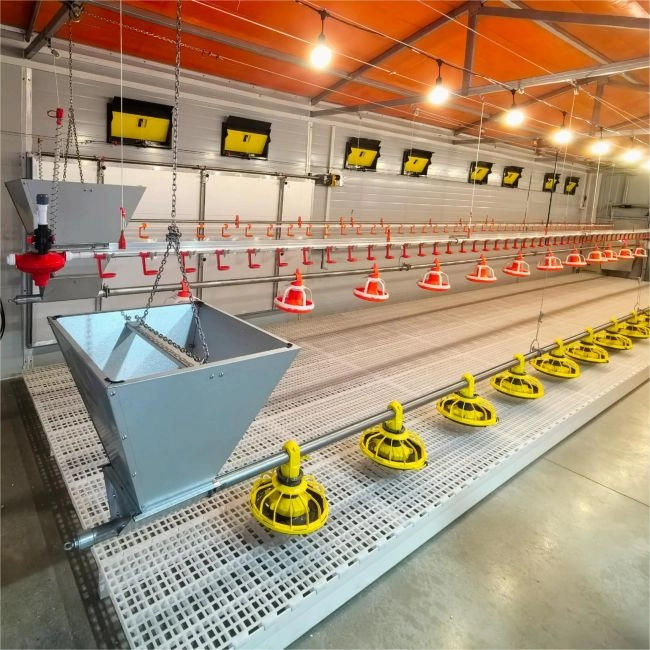
Zeus Provides Cost-Effective Chicken Farming Equipment
Zeus provides cost-effective chicken farming equipment that covers each aspect of your operation. We provide automatic breeding equipment for laying hens, broilers, and a few other varieties of poultry. Their main products include intelligent automated laying hen, automated brood breeding equipment, automated chicken production equipment, and other products. These products include technologies for productivity improvements through automation features such as automatic egg collection systems or manure cleaning mechanisms, allowing for lower operating costs.
Our commitment to providing high-quality solutions for customer-specific requirements of poultry management in various types of farm setups today would make Zeus an ideal partner! This focus on the proper use of Zeus combined with their dedication to providing solutions necessary to suit up with the quality of service that every customer requires which will execute successful poultry management practices today regardless of farm type!

